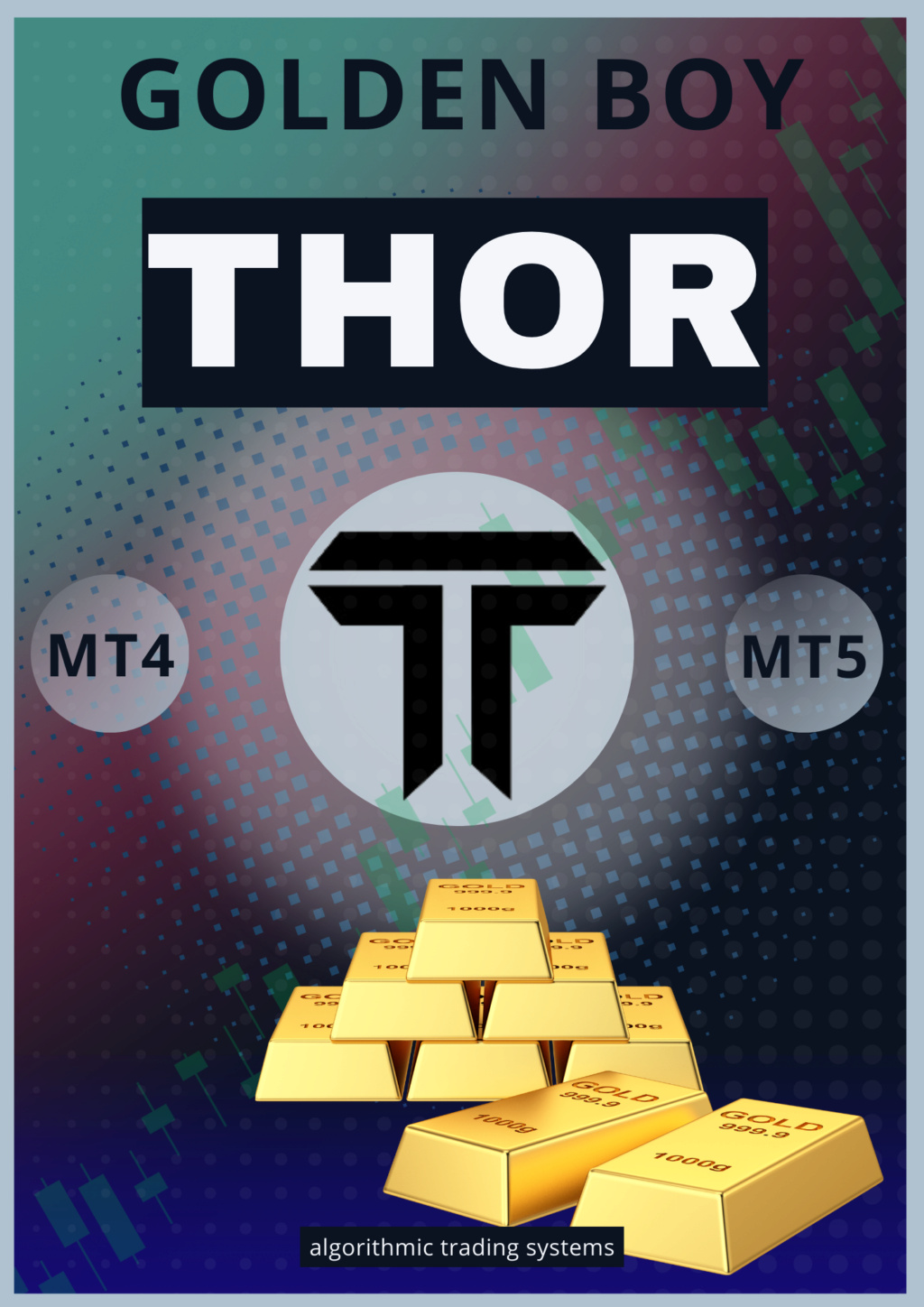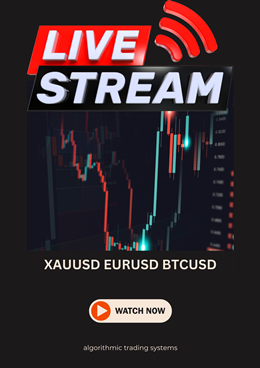When beginning traders look at all of the fundamental factors affecting a market, they are likely to feel overwhelmed as they try to get an edge over other traders.
o What is the essential fundamental information they need?
o How will they get it before other traders?
o How does current information compare with previous data?
o How will other traders interpret the new information?
o To what degree will their interpretation affect prices?
These are questions traders using a fundamental approach have to analyze for each and every market they trade, and there are hundreds of different markets to consider, each with their own set of fundamentals. Knowing the fundamentals of one market may not help much in other markets. Although fundamentals ultimately determine prices, fundamental analysis can be a challenge for almost any individual trader going against experienced professionals.
Taking an alternate route
Technical analysis is an alternative. All of the fundamentals, news, fears, hopes and other factors affecting a market can be distilled into just one thing: Price.
The current price is the sum of all trading decisions by all market participants. To paraphrase a pasta sauce commercial, what about the effect of weather? It's in there. Imports or exports? It's in there. Central bank decisions? It's in there. Company earnings? It's in there.
Every fundamental factor known to the market is reflected in price, the consensus opinion of the trading masses about the value of a market at any given time. Some buyers and sellers may have insights into fundamental changes, others may be acting on misinformation. But all the reasons and motives of the trading crowd are included in the current price.
As new information is revealed and influences the crowd's sentiment, prices move from one moment to the next, sometimes slowly, sometimes dramatically. As prices move over time, the actions of traders leave tracks on charts, and these tracks tend to form repetitive patterns that reveal the psychology of the marketplace.
This is the domain of the technical analyst, who tries to read these tracks to determine the probability of future price action when a market is at the hard right edge of the chart.
Being able to analyze one thing rather than the myriad of fundamentals for many different markets is what makes technical analysis so appealing to many traders. Plus, when traders have become familiar with clues from chart patterns in one market, they can apply this knowledge to a chart for any market. A chart is a chart, whether for soybeans, crude oil or Microsoft - no need to analyze all of the fundamentals in depth for each market (although some familiarity with a market's fundamentals is still a good idea).
What technicians seek
When technical analysts look at a chart, they would like to get insights on three main things:
Trend direction. Is the market going up, down or sideways over a number of time frames? Identifying the direction helps traders position themselves for a price move.
Changes in trend direction. At what point does a downtrend end and turn into a sideways trend or perhaps an uptrend? Getting onboard a trend early can lead to the most profitable trades.
Market momentum. Is the market gaining strength or is it weakening? Technical indicators may be able to detect subtle changes in trader attitude before it becomes evident in prices, providing an early alert that trends may be about to change.
Traders have developed several types of charts to get a picture of price action, but it usually involves the open, high, low and close price for a time period, which may be a month or a week or a day or a minute. They analyze how this period's prices compare with previous periods and how trader thinking is revealed by price patterns during a given period.
As you might expect from resourceful traders, they have also developed numerous ways to massage and manipulate prices to get additional clues about future price possibilities, relying on moving averages, volume, trading bands and other tools to produce indicators that might give them an edge.
Many of these technical analysis tools are available on software from vendors that provide price data and charts. Some of these technical analysis concepts may seem to be quite complex, but compared to trying to analyze a batch of fundamentals for every market, a study of price at least makes it possible for traders to analyze a number of markets on the same level as the insiders who have all of latest fundamental information.
o What is the essential fundamental information they need?
o How will they get it before other traders?
o How does current information compare with previous data?
o How will other traders interpret the new information?
o To what degree will their interpretation affect prices?
These are questions traders using a fundamental approach have to analyze for each and every market they trade, and there are hundreds of different markets to consider, each with their own set of fundamentals. Knowing the fundamentals of one market may not help much in other markets. Although fundamentals ultimately determine prices, fundamental analysis can be a challenge for almost any individual trader going against experienced professionals.
Taking an alternate route
Technical analysis is an alternative. All of the fundamentals, news, fears, hopes and other factors affecting a market can be distilled into just one thing: Price.
The current price is the sum of all trading decisions by all market participants. To paraphrase a pasta sauce commercial, what about the effect of weather? It's in there. Imports or exports? It's in there. Central bank decisions? It's in there. Company earnings? It's in there.
Every fundamental factor known to the market is reflected in price, the consensus opinion of the trading masses about the value of a market at any given time. Some buyers and sellers may have insights into fundamental changes, others may be acting on misinformation. But all the reasons and motives of the trading crowd are included in the current price.
As new information is revealed and influences the crowd's sentiment, prices move from one moment to the next, sometimes slowly, sometimes dramatically. As prices move over time, the actions of traders leave tracks on charts, and these tracks tend to form repetitive patterns that reveal the psychology of the marketplace.
This is the domain of the technical analyst, who tries to read these tracks to determine the probability of future price action when a market is at the hard right edge of the chart.
Being able to analyze one thing rather than the myriad of fundamentals for many different markets is what makes technical analysis so appealing to many traders. Plus, when traders have become familiar with clues from chart patterns in one market, they can apply this knowledge to a chart for any market. A chart is a chart, whether for soybeans, crude oil or Microsoft - no need to analyze all of the fundamentals in depth for each market (although some familiarity with a market's fundamentals is still a good idea).
What technicians seek
When technical analysts look at a chart, they would like to get insights on three main things:
Trend direction. Is the market going up, down or sideways over a number of time frames? Identifying the direction helps traders position themselves for a price move.
Changes in trend direction. At what point does a downtrend end and turn into a sideways trend or perhaps an uptrend? Getting onboard a trend early can lead to the most profitable trades.
Market momentum. Is the market gaining strength or is it weakening? Technical indicators may be able to detect subtle changes in trader attitude before it becomes evident in prices, providing an early alert that trends may be about to change.
Traders have developed several types of charts to get a picture of price action, but it usually involves the open, high, low and close price for a time period, which may be a month or a week or a day or a minute. They analyze how this period's prices compare with previous periods and how trader thinking is revealed by price patterns during a given period.
As you might expect from resourceful traders, they have also developed numerous ways to massage and manipulate prices to get additional clues about future price possibilities, relying on moving averages, volume, trading bands and other tools to produce indicators that might give them an edge.
Many of these technical analysis tools are available on software from vendors that provide price data and charts. Some of these technical analysis concepts may seem to be quite complex, but compared to trying to analyze a batch of fundamentals for every market, a study of price at least makes it possible for traders to analyze a number of markets on the same level as the insiders who have all of latest fundamental information.

 Events
Events Blog
Blog




